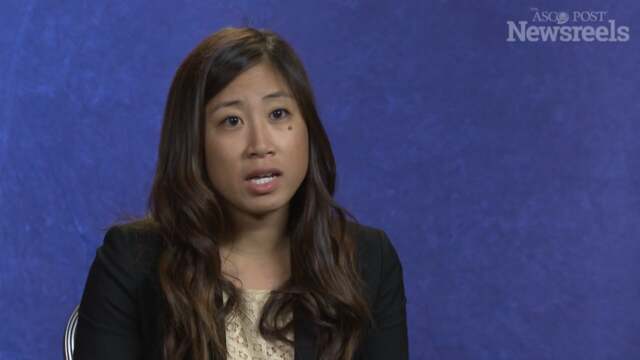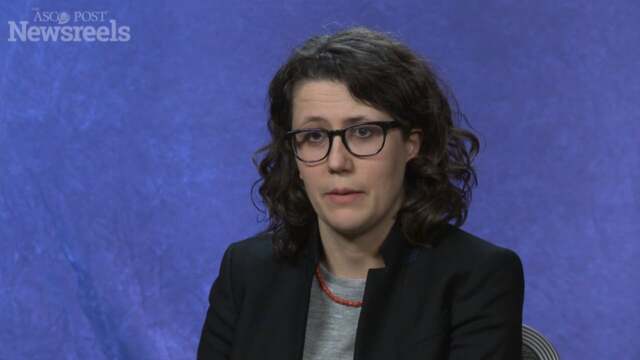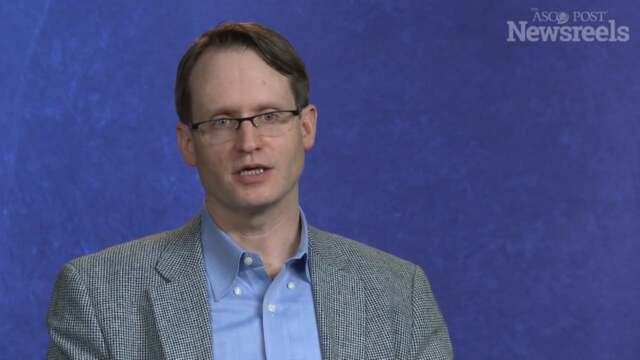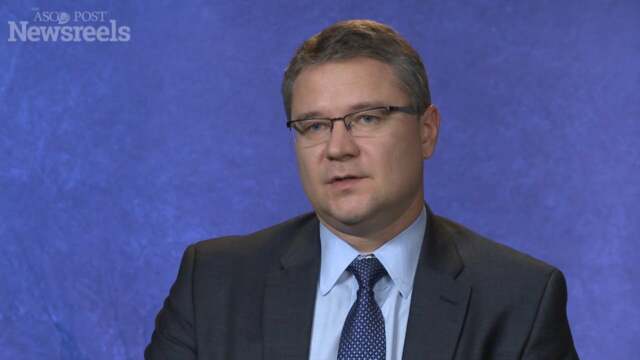Zhongxing Liao, MD, on Proton-Beam Radiotherapy for Locally Advanced Disease
2017 Multidisciplinary Thoracic Cancers Symposium
Zhongxing Liao, MD, of The University of Texas MD Anderson Cancer Center, discusses the continued improvement in planning, delivery, and patient selection for proton therapy, which can both reduce radiation exposure and increase tumor dose.
Tracey L. Evans, MD, of the University of Pennsylvania, discusses the data supporting use of chemotherapy with radiation in locally advanced non–small cell lung cancer, targeted treatments and immunotherapy, and some of the controversies now debated.
Jennifer Ho, MD, of The University of Texas MD Anderson Cancer, discusses study results on the use of intensity-modulated proton therapy, which can provide durable local control with minimal toxicity in patients who can have extended survivals; the data also suggest that higher doses may improve outcomes (Abstract 5).
Zofia Piotrowska, MD, of the Massachusetts General Hospital Cancer Center, discusses heterogeneity and variation in resistance mechanisms among EGFR-mutant non–small cell lung cancer patients with at least one postresistance biopsy (Abstract 1).
Maximilian Diehn, MD, PhD, of Stanford School of Medicine, discusses promising clinical applications of circulating tumor DNA in patients with thoracic malignancies: noninvasive detection of resistance mechanisms to targeted agents and treatment response assessment.
Boris Sepesi, MD, of The University of Texas MD Anderson Cancer Center, discusses immune cells within tumors and the potential role for checkpoint inhibitor therapy in the neoadjuvant setting of locally advanced lung cancer (Abstract 7).





